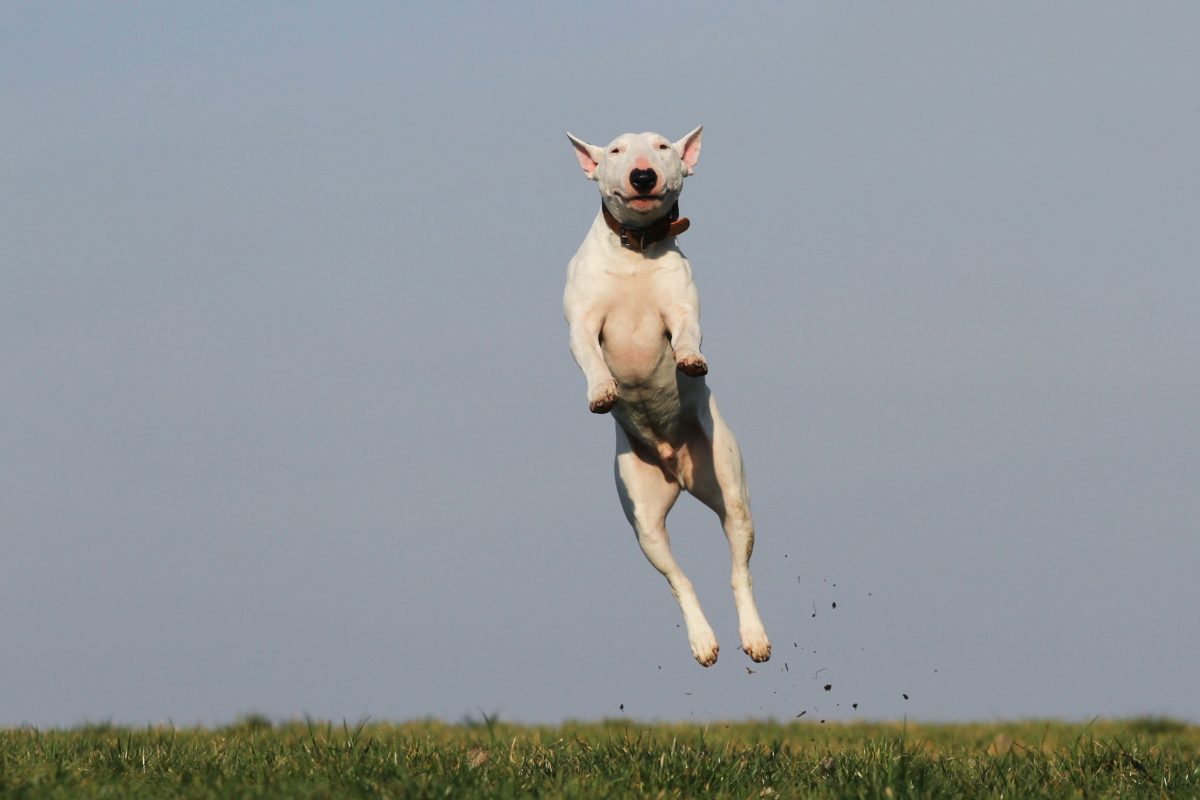Imagine your cat opening the cupboard for you or your rat playing a plucky bit of piano for your pet sitters. We at The Furry Godmother have seen all sorts of pets learn tricks. Dogs, cats, rats, ferrets, birds, gerbils and even pot-bellied pigs can not only learn but find joy in tricks.
Teaching is a powerful bonding force. Two creatures can share mutual happiness in the challenge of learning and the thrill of accomplishment. Like playing on a sports team, it builds trust and gives deeper meaning to each other’s companionship.
Pets look to please their owners and other humans. The pet sitters at The Furry Godmother experience this first hand when pets have a chance to perform for a new audience. Even cross-species, there is something ineffably rewarding about a well-received performance for both audience and performer.
Above all else, training should be rewarding. The energy should always be positive and the tone cheerful. While the mechanics of every trick is different, some training rules are universal. Keeping them in mind will help your training be more successful.
Before you begin, make sure your expectations are reasonable. Not all parakeets are inclined to speak, and not all cats will want to push toy lawnmowers. Pets are as unique as humans in their recreational tastes. Set small long-term goals and focus short-term on making each training session fun, engaging and meaningful.
Effective training is well structured. A consistent amount of time at the same time every day should be devoted to teaching tricks. This will help your pet know what to expect when that time comes, and they will be mentally prepared to learn.
Your visual and verbal cues must also be firm, concise and consistent. Make what you expect from these cues crystal clear. “Down” should be either lying down or jumping off furniture, not both. When your pet gets confused, they will become anxious or disinterested, and their inconsistent responses may end up frustrating you. Avoid this by making your commands specific.
Check back soon for Part Two, which will discuss the ins and outs of reward-based training!






